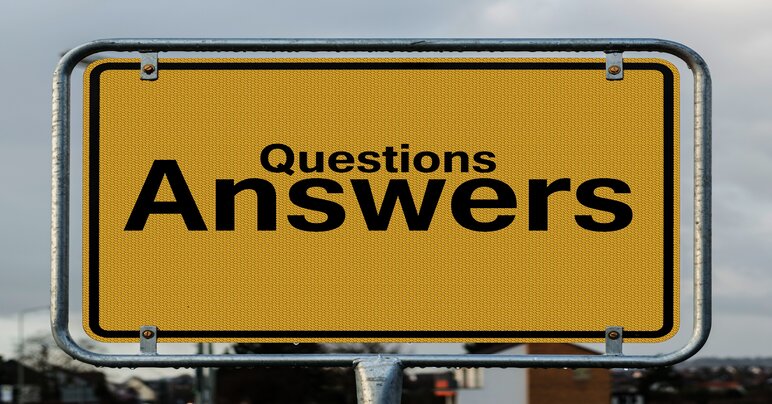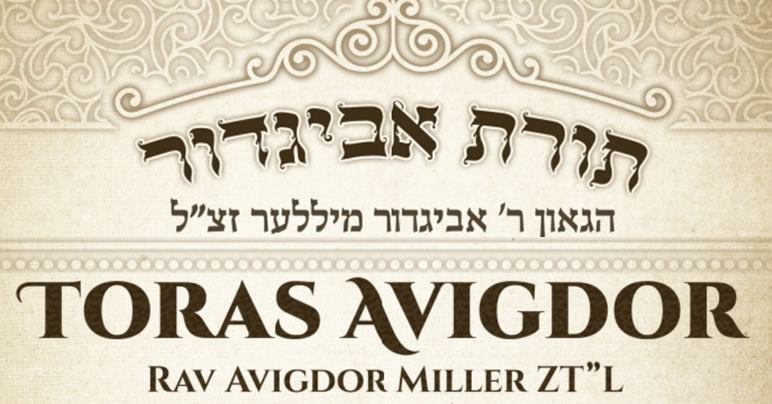Purim Q&A with Rabbis Hayim and Moshe Arking

Mahasit Hashekel
“It was revealed before the Creator of the World that in the future Haman would weigh out shekalim to Ahashverosh to sign off the decree against the Jewish people. Therefore, to counteract, He instructed us to give half-shekalim.”
Mahasit hashekel was originally donated for the construction of the Mishkan and then subsequently collected every year during Adar to give all a vested share in the communal sacrifices of the Bet Hamikdash. We commemorate this significant giving — which has the benefit of atonement — by giving the equivalent value to charity.
When should I give?
Starting from the first day of Adar one can give mahasit hashekel. It is customary to give it on Taanit Esther before the reading of the megillah. The merit of mahasit hashekel is connected to the many shekalim that Haman offered to Ahashverosh to authorize the decree against us.
Who is supposed to give?
The custom is that men and boys over thirteen years old give mahasit hashekel.Women and girls over twelve years old should give as well. It is recommended to give on behalf of even little children because of the aspect of atonement that lies within mahasit hashekel.
How should I give?
A mahasit hashekel is approximately ten grams of silver, which in today’s current market is approximately six dollars. Some say that the custom can be fulfilled through giving half of the common coin of our currency, which would be a half-dollar or a fifty-cent piece. Many have a custom to give three mahasit hashekalim per person corresponding to the three times that the pasuk states terumah. One can compro- mise and give one mahasit hashekel, at the rate of approximately six dollars, and the other two at fifty cents each.
Before one gives the mahasit hashekel, he should say “zecher l’mah- asit hashekel” — this is to commemorate the giving of the mahasit hashekel (one should not say this is mahasit...). For each additional family member, one says “zecher l’mahasit hashekel for {name} son of/ daughter of {mother’s name}.”
Reading the Megillah
The Megillah is pirsum hanes — publicizing the miracle, and hallel — praise and song of Purim! Men, as well as women, are obligated, as women were also under the threat of annihilation. Furthermore, a woman –— namely Queen Esther — played a significant role in the miracle. Children should also hear the Megillah (as long as they behave appropriately!). Publicizing the miracle of Purim makes it preferable to hear the Megillah in a synagogue setting among a large crowd.
Can I eat before hearing the Megillah?
One should not eat until he or she hears the Megillah whether in the night or morning reading. If one is thirsty or hungry he may eat or drink a small amount.
Do I need my own Megillah?
Although having a kosher Megillah is more commendable, it is not necessary to fulfill the mitsvah. Due to the sanctity of the scroll, one touching the parchment of a Megillah without a kerchief is required to wash his hands. If one has already washed his hands before prayers, his hands are considered ritually clean and he need not wash again.
Even if one does not have a Megillah, he should still follow along with the hazan by using a Humash or any other text. This will enhance his focus and enable him to catch up on missed words if need be. He should, however, be careful not to read along with the hazan.
I was late to the Megillah reading; can I listen from where they are up to and hear what I missed afterward?
The Megillah has to be read in order. However, if one is only a minute or so late, he may catch up by reading from a Humash, provided that at least half of the Megillah was heard from the hazan, or he is reading from a kosher Megillah. The berachot should be recited before he starts to read.
If I tuned out for a few seconds?
One must hear every word of the Megillah. If you know the place where the reader is up to by following along, then you are good even if your mind wandered a bit. However, if you missed a few words, you can make them up by quickly reading them yourself from any text.
Mishloach Manot
Mishloach manot — sending gifts — is one of the exciting mitsvot of the day instituted to increase camaraderie. The decree of Haman to wipe out the Jews was sold to Ahashverosh on the premise that the Jews were not united.We, therefore, renew and reinvigorate friendships by sending each other gifts of love.
Who must give?
Men and women, boys and girls over thirteen years of age, are obligated to give mishloach manot. Younger children should also give as hinuch — training in mitsvot. A married couple should each fulfill their mitsvah individually, man to man, and woman to woman. One can, and some say preferably, give mishloach manot through an agent.
When should I give?
The obligation to give mishloach manot can only be fulfilled during the daytime. If you ordered a package before Purim to be delivered to a friend (even through Amazon), the obligation will be fulfilled only if it arrives on Purim day.
What should I give?
Preferably one should give something respectable that befits the stature and honor of both the person giving and the recipient. One should give at least one mishloach manot that meets this requirement.
To fulfill one’s obligation, one must give two different foods which are ready-to-eat. Drinks are also counted as an item; however, a plain water bottle or seltzer is not. Teabags or even instant coffee are not ready-to-eat foods. However, a hot or iced coffee, tea or other flavored beverage does fulfill mishloach manot.
How many should I give?
One fulfills his obligation by giving one person. The more one gives the better, as you are creating more friendships. If one has a choice between giving more money to the poor or to give more mishloach manot, it is better to give more money to the poor. There is no greater happiness than making the hearts of poor people, widows, and orphans happy! (Rambam)
Matanot La’evyonim; Gifts to the Destitute
How much do I give?
The mitsvah is to give to at least two poor people. Some say one can give each poor person a perutah, a small amount. Others say one should give enough to buy a meal, which could range between five and twenty dollars. In practice, one should give the preferred amount for at least the first two poor people. To any additional poor people, one may give as he wishes — the more the better.
To whom should I give the money?
One fulfills his obligation of matanot la’evyonim by giving poor people that struggle financially with basic needs. This can be done easily by giving the appropriate amount to trusted people or organizations collecting on behalf of the poor.
Can I send the money before Purim?
Yes, as long as the money is received by the poor person on the actual day of Purim.
Purim Meal
There were many parties throughout the story of the Megillah. In the end, they were the cause of miraculous turnaround. We, therefore, commemorate the miraculous repeal of the decree of genocide through a party.
What time are we eating?
The Purim meal must be eaten during the day of Purim. The prevalent custom is to eat the meal in the afternoon before sunset.
What is on the menu?
One should eat bread and meat at his Purim meal. Preferably one should eat meat, not just chicken because this best exudes joy. One should try to eat his meal with family and extended family as the Megillah states that “each family celebrated,” and make his meal as festive as possible.
Should I get drunk?
During the meal, one should drink more than he usually is accustomed to drinking. The objective is to bring us to praise Hashem for the miracle of salvation, and for all that He bestows upon us. If drinking does not achieve this objective, one should limit all drinking.
The mitsvah is with wine, as opposed to other alcoholic beverages, because the many parties and miracles that came about in the Megillah were through meals with wine.
Can I pray Arbit when drunk?
If one is able to talk properly (without stuttering) in front of a king, then his tefillah is fine. Praying from a siddur will help. Otherwise, he may have to repeat the prayer after the effect of the wine wears off. If one missed a prayer because of intoxication, he should pray the next tefillah twice.
Can I go to work on Purim?
It is preferable not to work on Purim. Our Sages teach us that one will not see a blessing from money earned on Purim.
How should I spend my free time on Purim?
Purim is an exceptional day for giving tsedakah, increasing friendships, praying, and Torah study. On Purim the law is that “whoever extends his hand for charity, we should give and provide.”
That is to say, throughout the year we should check the credentials of one asking for charity; whereas on Purim, a day of giving, we should give to all poor people who stretch out their hand.
This is true in regard to prayers as well — whoever stretches out his hand to Hashem, He will provide. There are many remarkable stories of salvation for those who prayed sincerely on Purim.
Let us use this special day to give and pray, and may all our prayers be answered speedily. Amen.







